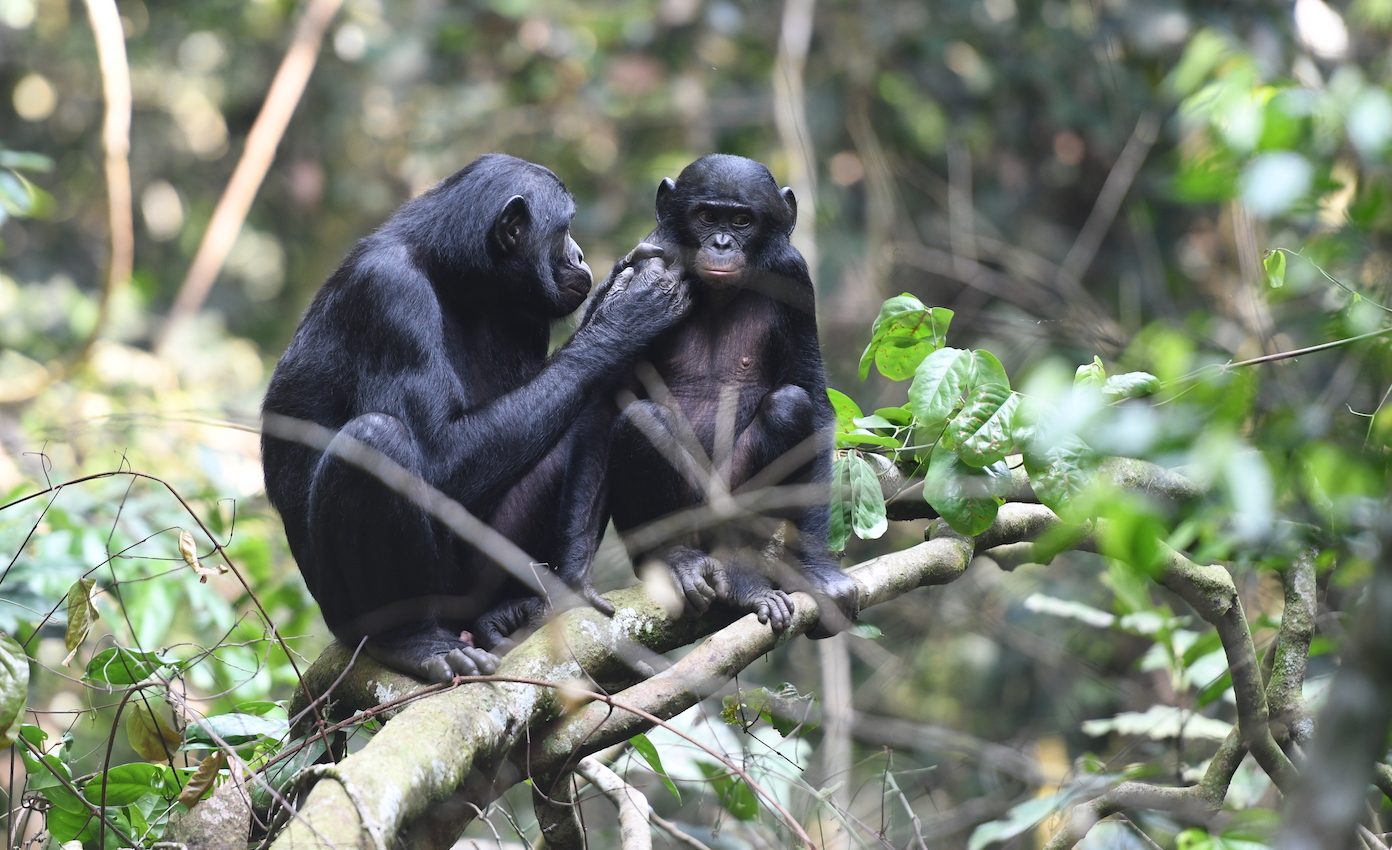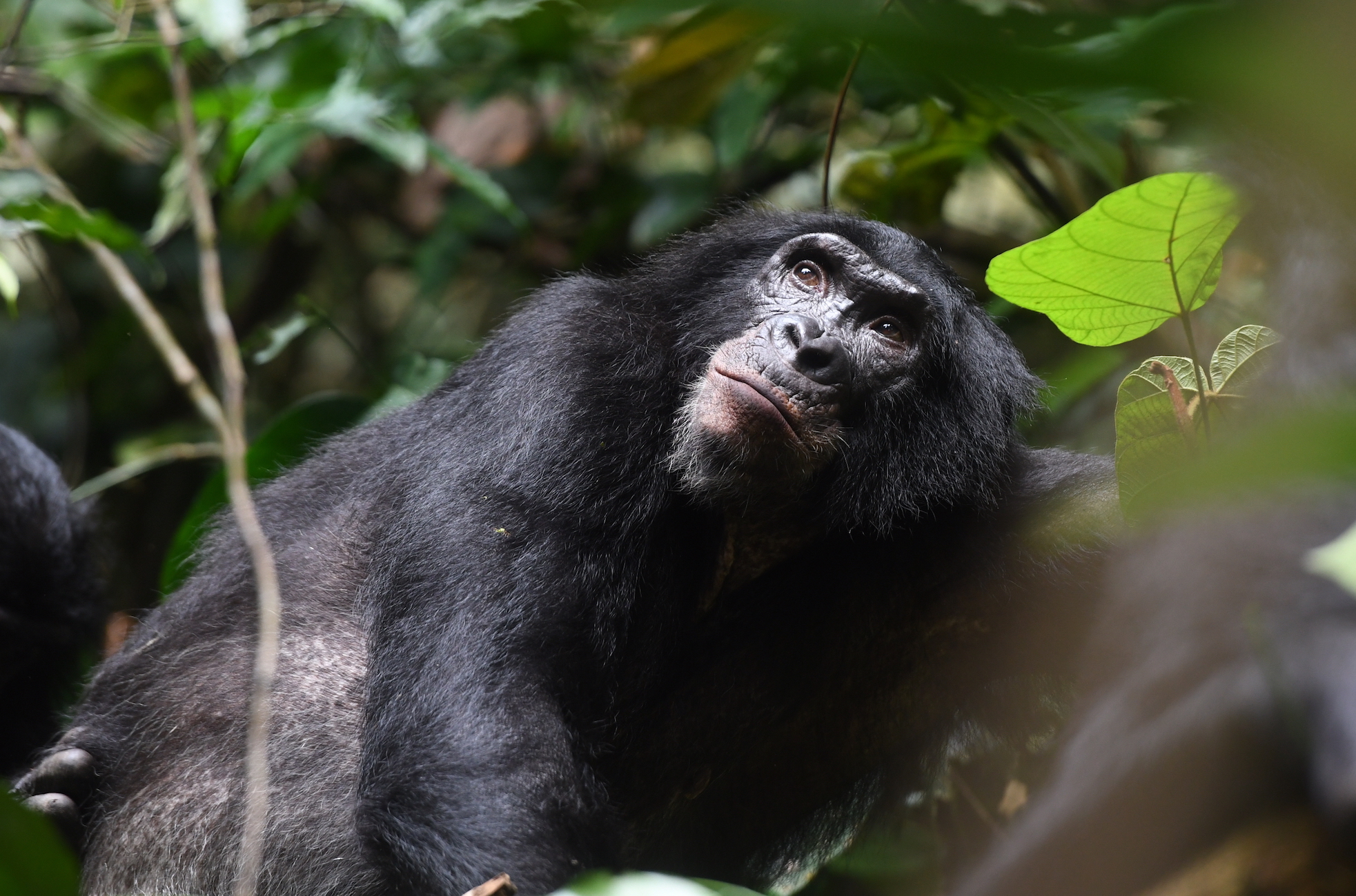
Bonobo mothers get proactive in helping their sons find mates
Bonobo mothers may be some of the most meddling moms in the animal kingdom, according to a new study.
Bonobos form a matriarchal society, and primatologists from the Max Planck Institute for Evolutionary Anthropology recently discovered that bonobo mothers have an active role in finding mates for their sons.
Bonobo moms have been observed using their social position to get mates for their sons, preventing other males from mating with females, and dragging their sons to get close to ovulating females all to ensure that their sons reproduce.
The researchers detailed these findings in a study published in the journal Current Biology.
“This is the first time that we can show the impact of the mother’s presence on a very important male fitness trait, which is their fertility,” said Martin Surbeck, the first author of the study. “We were surprised to see that the mothers have such a strong, direct influence on the number of grandchildren they get.”
The researchers led by Surbeck recorded observations of wild populations of bonobos in the Democratic Republic of Congo and chimpanzees in Tanzania and Uganda. Both the bonobo and chimp mothers were invested in their son’s reproductive success and future fatherhood.
If bonobo or chimpanzee males started fighting, the mothers would help their sons, but bonobo mothers went above and beyond to make sure their sons found a mate.
From physically putting their sons in the vicinity of ovulating females to warding off competition, bonobo mothers exhibited a range of overbearing tactics to strengthen their son’s chances.
Bonobo daughters, however, were left to themselves, receiving very little help or intervention from their mothers when it came to mating or raising young.
The researchers hope to continue their observations and explore how these protective and active tactics that bonobo mothers use help both mothers and sons. The researchers say it may all boil down to the drive to ensure the survival of their lineage and genes, but further studies are needed to confirm these theories.
“These females have found a way to increase their reproductive success without having more offspring themselves,” said Surbeck.
—
By Kay Vandette, Earth.com Staff Writer
Main Image Credit: Martin Surbeck














